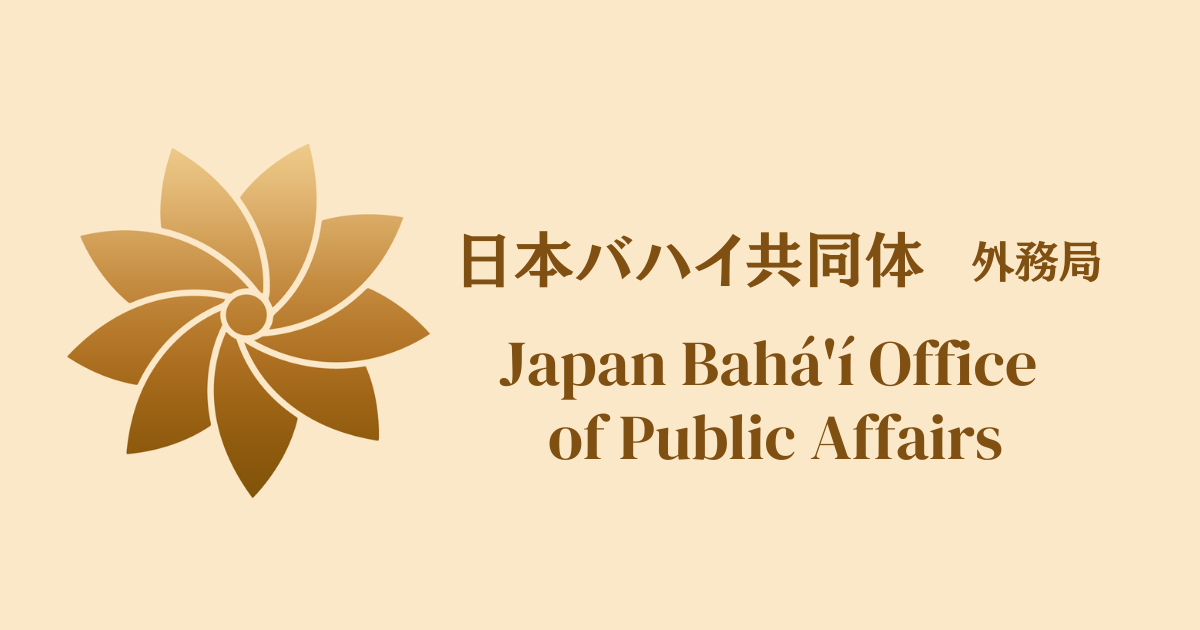Nosrat Ghufrani Yaldaie, 46
Her son, Bahram Yaldaie, was executed two days earlier.

教育・仕事
家族について
- 1952年に結婚。 (Archives of Baha’i Persecutions in Iran)
バハイ活動
- シラーズ地方精神行政会メンバー。(Abdorrahman Boroumand Center)
逮捕、裁判、処刑
- ヤルダイ夫人は1982年10月23日の夜、彼女の息子が所属していたバハイ委員会のメンバーが敷地内から退去した約10分後に自宅に入った革命防衛隊によって逮捕された。(Abdorrahman Boroumand Center)
- 防衛隊が自宅を捜索し、バハイやその他の書籍や書類を収集・持ち出した後、彼女は息子、夫、バハイの隣人とともに逮捕され、セパ拘置所に連れて行かれ、屈辱と拷問を受けた。(Abdorrahman Boroumand Center)
- 彼女は屈辱的な扱いを受け、宗教的信条から「不潔」とみなされ、刑務所当局は彼女とのあらゆる身体的接触を拒否した。(Abdorrahman Boroumand Center)
- 1982年10月25日の最初の尋問で、彼女は地方行政会の他のメンバーの名前について尋ねられた。仲間のバハイに関する情報提供を拒否した後、彼女は女性看守によって刑務所の地下に連れて行かれ、服を一部脱がされ、ベッドに下向きに縛られた。女性看守は看守に鞭打ちを指示し、彼女を言葉で罵った。その間、尋問官は彼女のファイルを手にベッドの脇にたたずんでいた。その際、彼女は背中に50回、足に50回の鞭打ちを受けた。(Olya’s Story, p. 122)(Abdorrahman Boroumand Center)。
- 拘束中、彼女は何度も、公に自分の信仰を否定し、他のバハイにイスラムに戻るよう促すよう求められた。それを拒否した彼女は、2回にわたって200回もの鞭打ちを受けた。元同房者の報告によると、このような扱いを受けてから数週間後、痛みや開いた傷がまだ残っていたとのことだった。(World Order, p. 27)(Abdorrahman Boroumand Center)。
- 拘束中、ヤルダイさんは、睡眠をとらせないなど様々な方法による心理的虐待に直面した。(Abdorrahman Boroumand Center)
- 彼女は55日間独房に入れられ、個人の衛生状態を保つために必要な権利が著しく制限された。1983年1月15日、ヤルダイ夫人はアデラバード刑務所に移送され、処刑されるまで拘束されたままとなった。(Abdorrahman Boroumand Center)
- 新聞Khabar-e Jonubに掲載されたインタビューの中で、この事件を担当したシラーズのイスラム革命法廷の長官である宗教裁判官は、バハイに「親愛なるイスラムを受け入れ、手遅れになる前に、理性的にも論理的にも破滅する運命にあるバハイ教を撤回せよ。」と警告した。(Abdorrahman Boroumand Center)
- 裁判官によって議論された罪状は、バハイ行政会の活動的なメンバーであり、「イスラエル政府に従う」イスラエルに拠点を置く「正義院」と「直接的または間接的」な関係にあることだった。(Abdorrahman Boroumand Center)
- 「バハイのためのあらゆる活動を違法とみなし、委員会、評議会や宴会の組織や開催とそれに類するいかなる活動も犯罪とみなす」という憲法第13条に基づく告発(Abdorrahman Boroumand Center)
Education and work
- She completed her elementary education (Archives of Baha’i Persecutions in Iran)
- A homemaker (Abdorrahman Boroumand Center)
Family
- She married in 1952. (Archives of Baha’i Persecutions in Iran)
Baha’i activities
- Member of the Local Spiritual Assembly in Shiraz (Abdorrahman Boroumand Center)
Arrest, trial and execution
- Mrs. Yalda’i was arrested on the evening of 23 October 1982 by revolutionary guards who entered her home about ten minutes after members of a Baha’i committee, to which her son belonged, had left the premises. (Abdorrahman Boroumand Center)
- After the guards searched their home, collected and removed Baha’i and other books and documents, she, along with her son, husband and her Baha’i neighbor were arrested and taken to the Sepah Detention Centre, where she was humiliated and tortured. (Abdorrahman Boroumand Center)
- She was subjected to humiliating treatments and being considered “unclean” because of her religious beliefs, the prison authorities refused to have any physical contact with her. (Abdorrahman Boroumand Center)
- During her initial interrogation on 25 October 1982, she was asked about the names of other members of the Local Assembly. After refusing to submit information about fellow Baha’is, she was taken to the basement of the prison by a female guard, who removed some of her clothes, tied her to a bed facing down, and instructed a guard to flog her while the female guard verbally abused her, and the interrogator stood next to the bed holding on to her file. During that episode, she received 50 lashes on her back and 50 on her feet (Olya’s Story, p. 122). (Abdorrahman Boroumand Center)
- During her detention, she was repeatedly asked to denounce her faith publicly and urge other Baha’is to return to Islam. As she refused to do so, she was beaten as many as 200 lashes twice. According to reports by former cellmates, weeks after she was subjected to such treatment, sore spots and open wounds were still visible (World Order, p. 27). (Abdorrahman Boroumand Center)
- While in custody, Ms. Yalda’i faced psychological abuse by various methods including sleep deprivation. (Abdorrahman Boroumand Center)
- She was kept in solitary confinement for 55 days with very limited personal hygiene privileges. On 15 January 1983, Mrs. Yalda’i was transferred to Adelabad Prison where she remained in custody until her execution. (Abdorrahman Boroumand Center)
- In an interview published in the Newspaper Khabar-e Jonub the religious judge, head of the Islamic Revolutionary Tribunal of Shiraz, in charge of the case, warned the Baha’is “to embrace dear Islam and …recant Baha’ism, which is rationally and logically doomed, before it is too late”. (Abdorrahman Boroumand Center)
- Charges discussed by the judge: active members of the Baha’i administration and because of their “direct or indirect” relationship with the House of Justice based in Israel, which “follows the Israeli government”. (Abdorrahman Boroumand Center)
- Charges based on Article 13 of the constitution, which “deems illegal any activity for Baha’is and considers a crime the organization of committees, councils, or receptions and any such activities…” (Abdorrahman Boroumand Center)
